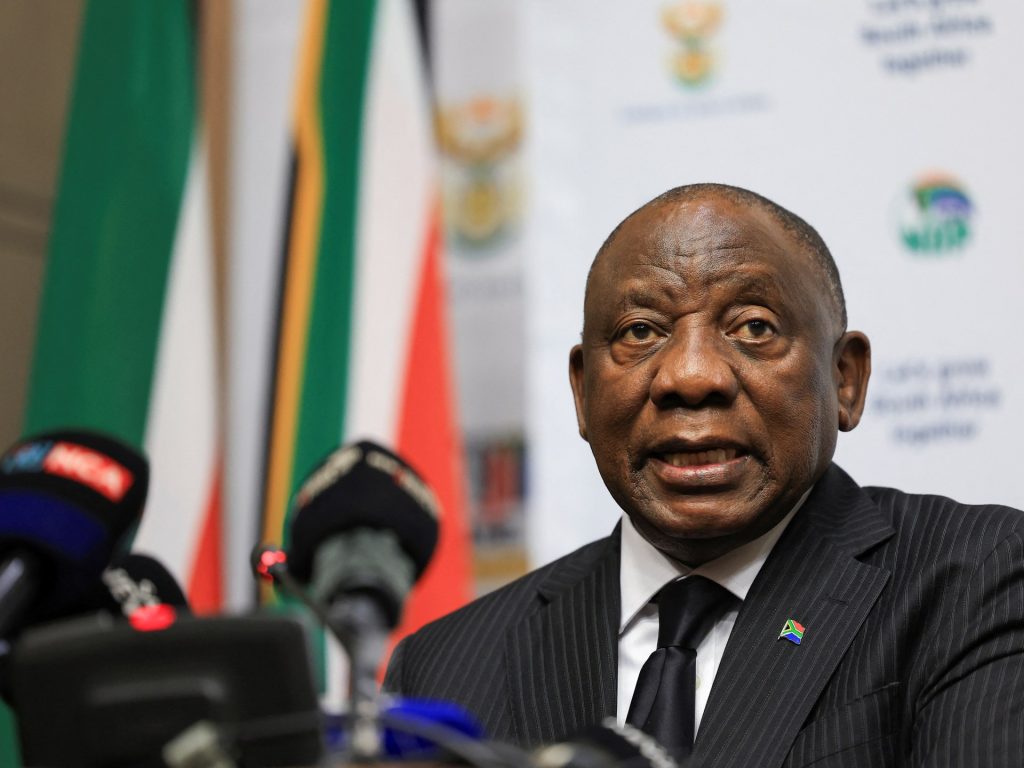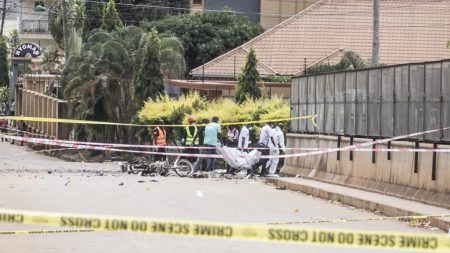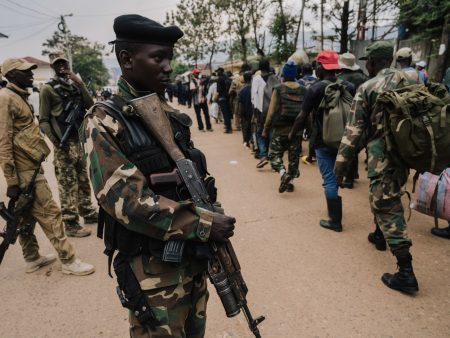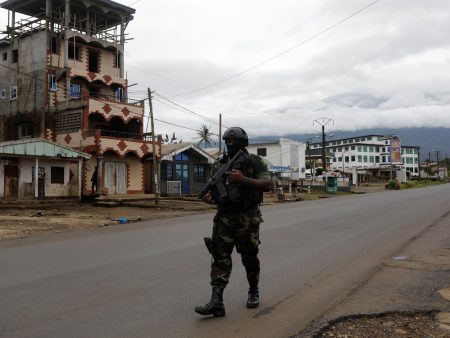The recent exchange between South African President Cyril Ramaphosa, Elon Musk, and former US President Donald Trump highlights the complexities surrounding South Africa’s land reform policy and its portrayal on the international stage. Trump’s threat to suspend aid to South Africa, based on accusations of land confiscation and mistreatment of “certain classes of people,” prompted a swift response from Ramaphosa and sparked a discussion with Musk, who weighed in on the matter with his own interpretation of the situation. This incident underscores the ongoing debate about land redistribution in South Africa, a legacy of apartheid, and the challenges of addressing historical injustices while upholding constitutional principles.
Trump’s accusations and subsequent threat to cut funding stemmed from his interpretation of South Africa’s recently enacted land expropriation bill. He claimed South Africa was confiscating land, a charge that Ramaphosa vehemently denied. The South African government maintains that the bill is designed to address historical imbalances in land ownership, a consequence of apartheid, and aims to facilitate equitable access to land within a constitutional framework. The bill does not permit arbitrary expropriation; rather, it emphasizes a process of negotiation and agreement between the state and landowners. Trump’s pronouncements, however, seemed to bypass these nuances, portraying the policy as a racially motivated seizure of property.
Elon Musk, a South African-born billionaire with close ties to Trump, entered the fray with a post on X (formerly Twitter), accusing South Africa of having “openly racist ownership laws” and suggesting white people were the victims. This intervention added another layer of complexity to the situation, injecting Musk’s personal perspective into an already sensitive political debate. Musk’s statement, seen by some as aligning with Trump’s perspective, prompted Ramaphosa to engage with him directly. The subsequent phone call between Ramaphosa and Musk focused on addressing what the South African presidency termed “misinformation and distortions” surrounding the land reform policy. While details of the conversation remain undisclosed, the presidency’s statement emphasized South Africa’s commitment to constitutional values, including the rule of law, justice, fairness, and equality.
The backdrop to this exchange is the long-standing debate over land reform in South Africa. Apartheid, a system of racial segregation and discrimination, resulted in a highly skewed distribution of land ownership, with the white minority controlling the vast majority of land. Post-apartheid South Africa has grappled with the challenge of redressing this historical injustice while respecting property rights and upholding the rule of law. The land expropriation bill represents one attempt to navigate this complex terrain, aiming to facilitate land redistribution in a manner that is just and equitable. However, the policy has been met with differing interpretations and strong opinions, both domestically and internationally.
Trump’s threat to cut funding, while impactful rhetorically, has limited practical implications. As Ramaphosa pointed out, US aid to South Africa primarily focuses on HIV/AIDS relief programs through USAID. Other forms of financial assistance are minimal. Therefore, the threatened suspension of aid carries more symbolic weight than substantial financial consequences. Nevertheless, it highlights the potential for international misunderstanding and misrepresentation of South Africa’s domestic policies. The incident also underscores the influence of social media and the role of prominent figures like Elon Musk in shaping public narratives.
The interaction between Ramaphosa, Musk, and Trump serves as a case study in the challenges of addressing historical injustices, navigating complex political landscapes, and managing international perceptions. The land reform issue in South Africa remains a contentious and sensitive topic, requiring careful consideration and nuanced understanding. While the exchange generated considerable attention, the ultimate impact of the incident on South Africa’s land reform policy and its relationship with the United States remains to be seen. The ongoing debate underscores the need for open dialogue, accurate information, and a commitment to constitutional principles in pursuit of a just and equitable solution.










